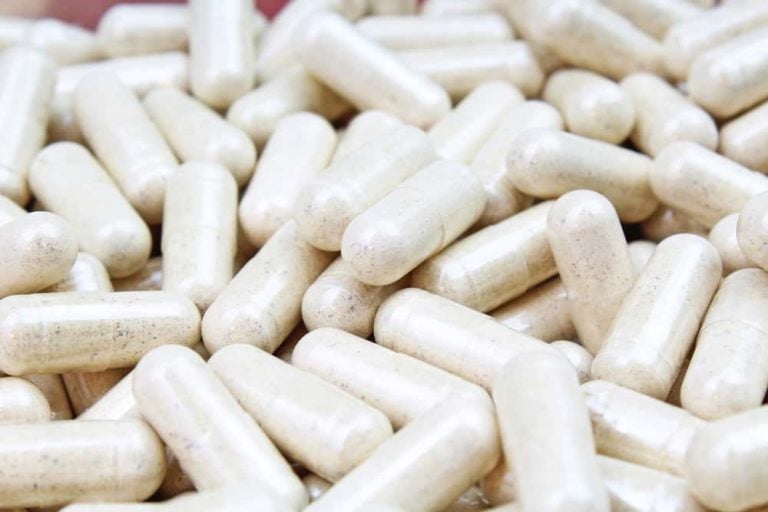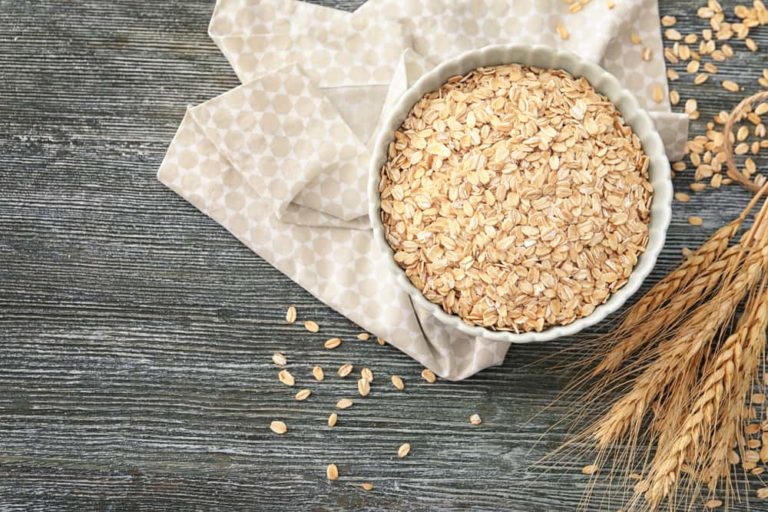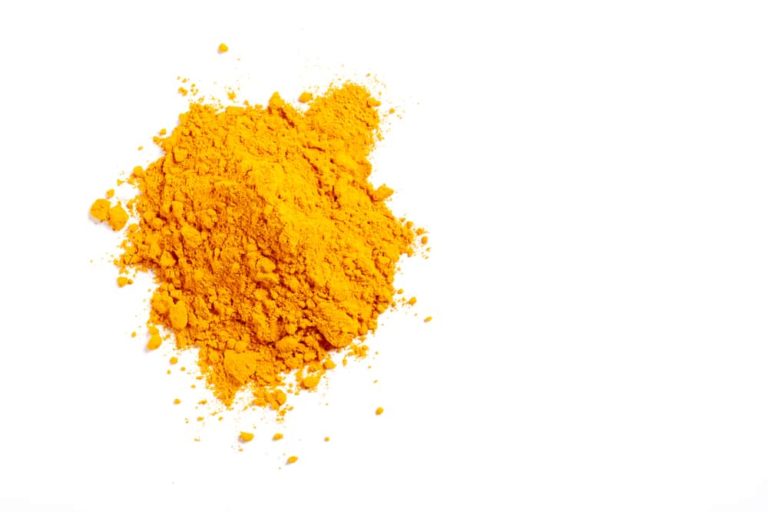According to the Crohn’s & Colitis Foundation of America (CCFA), inflammatory bowel disease (IBD), which includes both Crohn’s disease and ulcerative colitis, affects as many as 1.6 million people in the United States.
Crohn’s (also referred to as ileitis or enteritis) is a chronic and incurable autoimmune disorder that leads to inflammation of the digestional tract and organs anywhere between the mouth and the anus. The most commonly affected areas are the small bowel (ileum) and the beginning of the colon. Inflammation may also skip certain areas of the body and may not necessarily impact the entire GI tract. And, much like ulcerative colitis, Crohn’s sufferers can also experience periods of remission followed by unexpected flare-ups throughout their lifetime.
Crohn’s is known to prevent the body from efficiently absorbing nutrients such as iron, vitamin B12, folate, and a variety of other key vitamins and minerals critical for optimal health. For children with Crohn’s, this can cause a reduction in the expected rate of growth.
Traditionally, physicians have focused their efforts on treatments that include surgery or pharmaceuticals. However, patients have been able to modify or manage symptoms through diet, nutrition, exercise, and stress reduction. Many patients have managed symptoms by keeping a food journal and monitoring their diet, especially the practice of avoiding processed foods, including fermented foods, and increasing omega-3 fatty acids. Furthermore, there are some herbal and botanical compounds recommended by natural medicine practitioners that may ease symptoms, including aloe vera juice, slippery elm bark, chamomile, peppermint, turmeric, and the Ayurvedic herb Boswellia.
At Alternative Medicine Review, we strive to educate practitioners and patients about the scientific research and studies that support the need for natural and preventive treatments for gastrointestinal and neurological disorders.
















